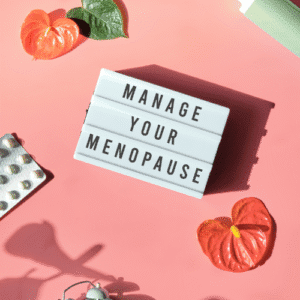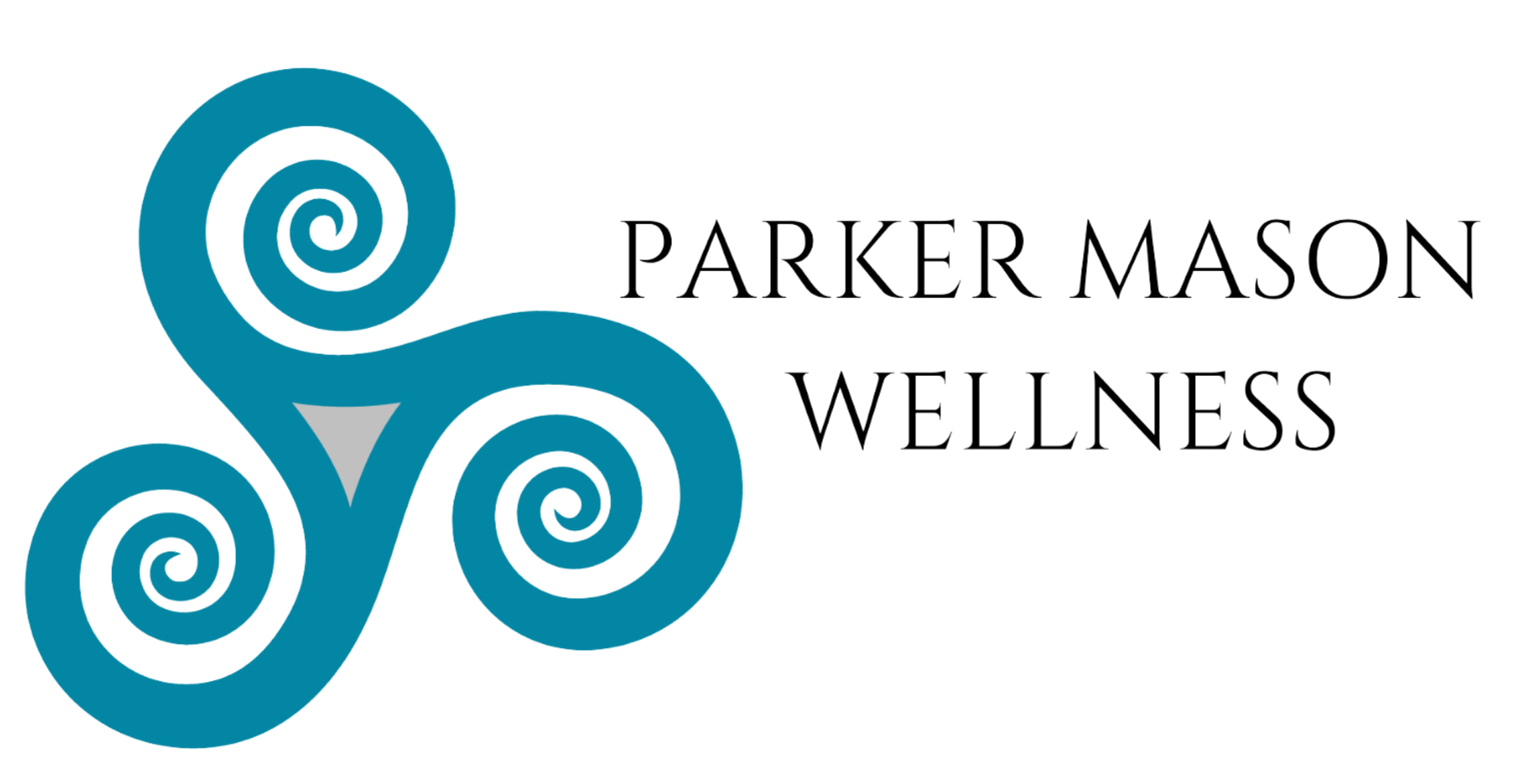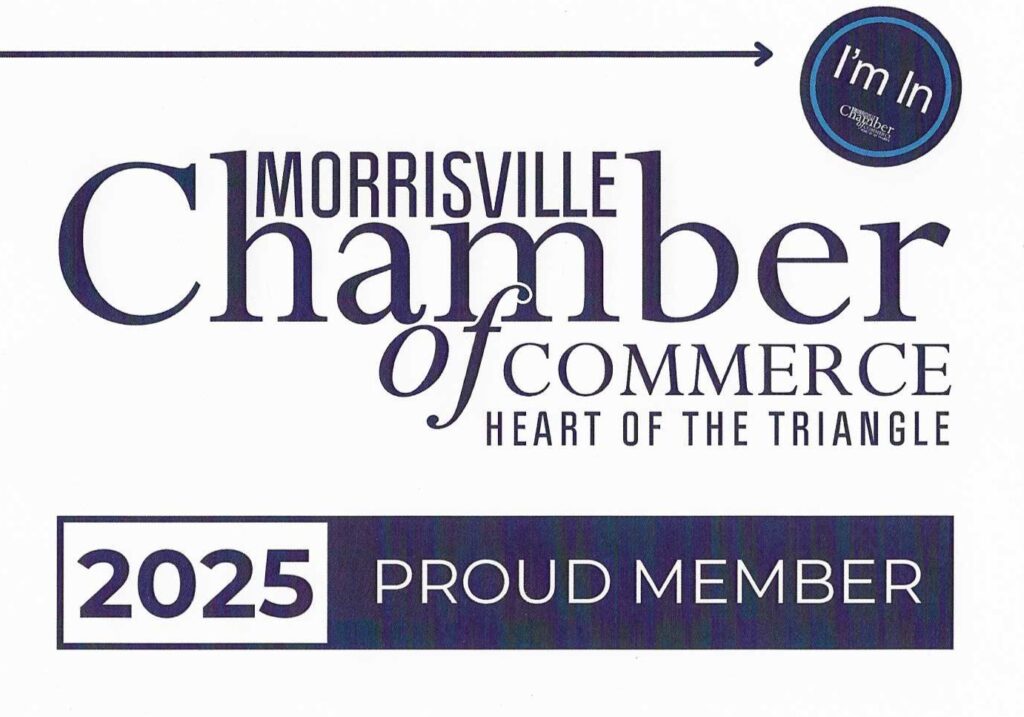Still Sore Days After a Workout?
Does it take days to feel like yourself again after a tough workout? You should consider if peptide therapy is a good solution for you.
Are sore muscles, fatigue, or stiffness making it hard to stay consistent with your training routine?
Recovery is a crucial part of progress, but when your body isn’t bouncing back the way it used to, it can be frustrating. Whether you’re lifting weights, pushing your endurance, or just trying to stay active, your body needs adequate time and resources to repair muscle tissue, reduce inflammation, and rebuild stronger than before. If recovery is slow, you’re more likely to feel burnt out, plateau, or even experience injury.
This is where peptide therapy can offer real support
Certain peptides help accelerate the body’s natural healing processes by stimulating the production of growth and repair hormones. Among the most widely used for recovery are sermorelin and tesamorelin.
These peptides signal your pituitary gland to release more of your natural growth hormone (GH). Growth hormone is essential, not only for childhood development, but also for adult recovery, muscle growth, metabolism, and cellular repair. When GH increases, it leads to a rise in another powerful hormone called IGF-1 (Insulin-Like Growth Factor 1). IGF-1 is the real engine behind tissue repair, muscle regeneration, and post-workout recovery.
What does this mean for you?
With higher, more consistent levels of GH and IGF-1, your body can recover faster between workouts, repair microscopic muscle damage more efficiently, and reduce post-exercise inflammation. Many patients report less soreness, more strength between sessions, and a shorter recovery window that allows them to train more frequently without feeling drained.
Beyond muscle recovery, improved growth hormone function also supports better sleep, fat metabolism, bone density, and joint health, call of which play a role in how your body handles physical stress and rebuilds itself. It’s not just about bouncing back faster; it’s about bouncing back stronger and more resilient each time.
Another important benefit of peptide therapy is that it works with your body, not against it. Sermorelin and tesamorelin don’t replace hormones or override your system. Instead, they gently nudge your body to do what it used to do naturally, making them a safer and more sustainable option for long-term support compared to synthetic growth hormone injections.
Every peptide therapy plan at Parker Mason Wellness is fully customized
We take into account your training style, performance goals, recovery history, and baseline hormone levels. Whether you’re an athlete, a weekend warrior, or someone just trying to stay active and feel good, the right peptide protocol can help keep you moving forward without the constant setbacks of fatigue or soreness.
In addition to sermorelin and tesamorelin, we may recommend stacking other supportive compounds like glutathione for oxidative stress, or GHK-Cu to promote tissue repair and reduce inflammation. GHK-Cu is a naturally occurring copper peptide that supports collagen production, skin healing, and even muscle and joint recovery. By enhancing your body’s ability to regenerate and repair at the cellular level, GHK-Cu can be a powerful complement to your recovery and performance plan. The goal is to optimize your recovery from every angle, so you feel clear, capable, and ready to take on your next session.
- If recovery is slowing you down, our FREE 30-minute consultation can help you explore whether peptides are the right next step.






